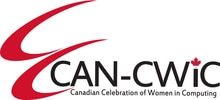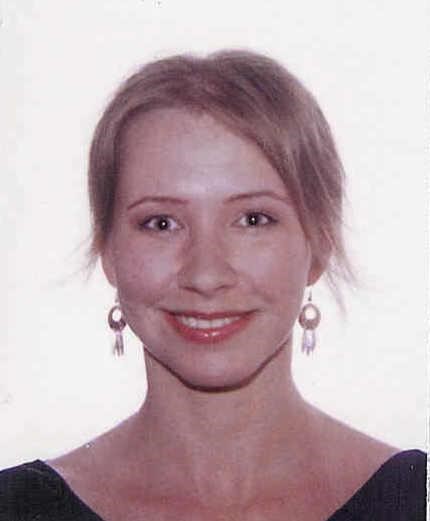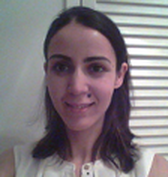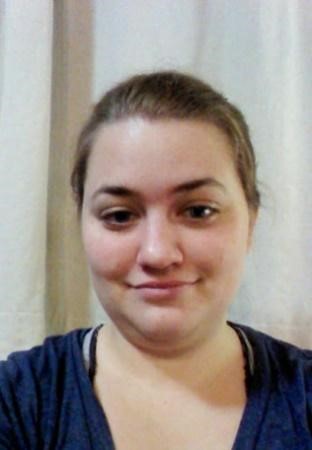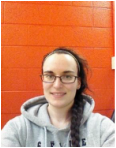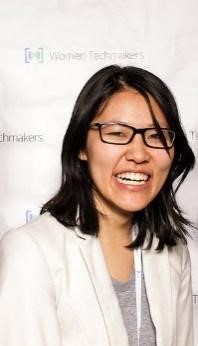Abstracts
|
Olga Baysal, Carleton University, Latifa Guerrouj, ETS
Software Analytics: Challenges and Opportunities Nowadays, software development projects generate a large number of artifacts including source code, developer discussions, feature specifications, bug reports, and end-users feedback, etc. Such data contains rich and significant knowledge about software projects, the quality of software and services as well as the dynamics of software development. Most often, this data is not organized, stored, and presented in a way that is immediately useful to software developers and project managers to support their decisions. To help developers and managers understand their projects, how they evolve, as well as support them during their decision-making process, software analytics' use of analysis, data, and systematic reasoning for making decisions is seen as an emerging field of modern data analysis. While analytics solutions demonstrate promising results, there are many challenges left concerned with developing, integrating, adopting analytics into software development processes. The session will provide novice with information about software analytics and its possible applications, while for experts, it offers an opportunity to discuss challenges and establish potential collaborations with researchers across Canada. Speaker Bios - Olga - Latifa |
|
Susan Ibach – Microsoft
Get Kids Excited About Coding YOU can make a difference! We all agree that we need to get more girls to explore the world of coding. Bring your laptop to this session and we will take you through a workshop you can take to kids and schools to get them excited about coding. All you need is a browser! You can inspire the next generation of girls to get coding! Speaker Bio |
|
uOttawa & Actua
Making to You A Makerspace Workshop Makerspaces are popping up in schools, on campuses, and in libraries all across Canada. Come see how the uOttawa Richard Labbé Makerspace has been attracting more girls and women to engineering! This hands-on workshop will introduce you to the endless possibilities for creative design through 3d printing, Arduinos, and Lasercutting among other technologies! Speaker Bios - Danielle - Justine |
|
S. Maqsood, H. Assal, R. Mohamed – Carleton University
Introduction to Usable Security It has been argued that users are the weakest link in the security chain. However, current research shows that it is actually security systems that are problematic because they do not consider user needs, which leads to insecure coping strategies (e.g., writing down passwords). Therefore, improving usability can also improve security, potentially saving organizations millions of dollars. To design usable security and privacy systems, everyone involved in the design, from developers to managers, needs to understand the principles of usable security. In this workshop, participants will be introduced to common topics in usable security, and will learn how to incorporate usability into the design of security and privacy systems. They will also learn about common security attacks and vulnerabilities (e.g., phishing, malware, etc.), and how to protect users against these attacks. Speaker Bios - Sana - Hala - Riham |
|
Jennifer Flanagan – Actua
Computer Science Education Policy Talk: Youth Engagement in Computer Science We are told that digital literacy is a critical set of skills and attitudes that will be necessary for today's youth to succeed and participate in the 21st century. In order to contribute to initiatives like open science, offerings of large data-sets, and participatory policy-making, all individuals, particularly youth, will benefit from that foundational knowledge. But Canada's policy frameworks in support of learning computer science and engineering, not to mention access to connectivity and equipment, is at best uneven and at worst non-existent. This session will examine computer science and engineering learning initiatives from Canada and England in order to better inform a coordinated approach to effectively "move the dial" on the digital literacy and innovation capacity of Canadians entering the workforce. Speaker Bio |
|
Carrie Mah – University of Calgary
Mobile Design Workshop When creating your own project, do you find yourself diving into code first? Designing is an essential part of creating a successful project - whether it is an application, website, or a school assignment. It's not just for the designers, but for developers as well. When working in an industry with multiple disciplines, it is part of your job to inform whether a design is feasible. When creating anything, it is important to focus on your users and expand your creativity by coming up with a lot of ideas. Learn how to design for mobile using Google's Design Sprint framework (http://www.gv.com/sprint ) by understanding the user,creating solutions, and prototyping within groups. This workshop is intended for everyone of all disciplines and ages. Although it concentrates on mobile design, the steps you will go through applies to any platform. If you are interested in mobile development, learning what a design sprint looks like, or what a Google framework looks like; this workshop is for you! If you are still not sure, this is a quick but great way to familiarize yourself with User Experience Design and Human Computer Interaction. If you are currently a UI or UX designer or already in HCI, this is just another method you can add to your tool belt. Speaker Bio |
|
Nikhita Singh – Palantir Designing Software Solutions for Global Outreach Projects Since its early days Palantir has dedicated its innovative software and a team of engineers to support initiatives and organizations dedicated to improving and saving human lives. The scope of our projects include combating human trafficking, providing humanitarian relief in the wake of natural disasters, and tracking the illegal trade networks of ivory and other illicit goods. Building on these experiences, Nikhita Singh will talk about how to design software and use data analysis to drive global outreach programs. To do this she will focus on our collaboration with the Carter Centre to help them deliver aid to refugees and negotiate safe passage for humanitarian convoys during the ongoing Syrian conflict. She will demo the software designed for the Syrian Conflict Mapping Project that allows analysts use available media data (YouTube videos, news reports, etc.) to track the evolution of the conflict and the political and military structure of Syrian armed groups to help the Carter Centre make more informed decisions around aid delivery, mediation, and other humanitarian activities. Speaker Bio |
|
Julia Blackburn and IT Internship Alumnae – NPower
Strategies for Navigating IT Careers NPower Canada is a nonprofit workforce development organization that provides free IT skills training, paid internships and job placements to low-income, diverse young adults. 50% of our current students are young women, and we are committed to achieving gender parity in all of our future IT programs. Our Executive Director, Julia Blackburn, along with four of our female alumni, would like to deliver a workshop at CANWIC to discuss strategies for overcoming the systemic challenges young women face when pursuing careers in information technology. Founded in New York City in 2001, NPower has recently scaled to Texas, San Francisco and now Canada, opening our Canadian office at Ryerson University in Toronto in 2014. Our inaugural cohort of 24 young adults, 33% of whom were female, graduated in May 2015. 88% of our graduates are already employed and/or pursuing post-secondary education. In June 2015, we doubled in size when launching our 2nd class, which is due to graduate in January. 50% of our current group of 45 adults are women and we expect them all to secure paid internships and successfully complete our program. The vast majority of our female students lack the financial resources to pursue a full-time Computer Science postsecondary program, and did not receive any encouragement from family, peers or educators to pursue a career in information technology. Our program provides these young women with a vocational training route into IT employment. Our female graduates are currently working for companies such as RBC, Cognizant, Virgin Mobile and Synnex Canada as Help Desk Analysts, Jr. Project Managers, IT Administrators and Product Managers. Our female graduates are thrilled to participate in this conference, and to share their successes and lessons learned during the launch of their IT careers. Topics for discussion will include guidance on navigating a male-dominated industry, strengthening self-confidence and self-esteem, asking for support when needed, and being unafraid to dream big. Speaker Bio |
